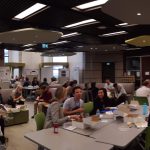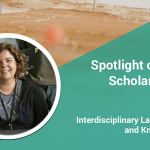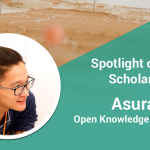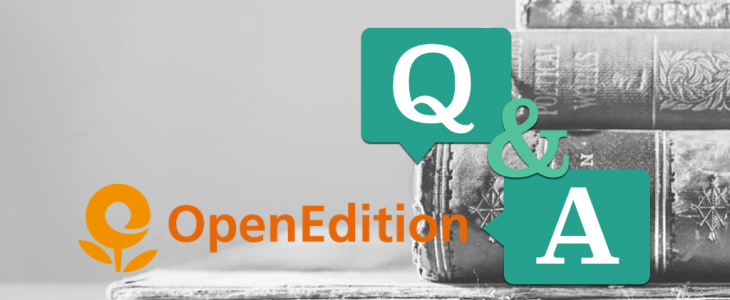
In the lead up to the ELPUB conference, we are shining a spotlight on some of our key Conference Partners. In this post, we share a Question and Answer interview with OpenEdition.
Please tell us a bit about your organization. Who are you, and what do you do?
OpenEdition is the french national infrastructure for open scholarly communication in social sciences and humanities. We provide four platforms to the academic community: OpenEdition Books, OpenEdition Journals, Hypotheses and Calenda. OpenEdition journal hosts more than 450 open access journals from all social sciences and humanities disciplines. OpenEdition Books disseminates more than 5000 open access research monographs from around 75 academic publishers, mostly university presses. Hypotheses is a vibrant academic blogging platform with its 2500 active blogs. Even though we are based in France, we have many journals, books and blogs coming from french-speaking countries all around the world, including Canada. And even though most of our content is in french, we have an active policy to support multilingualism on our platforms, because being able to communicate in its own language is really important for the scholars in humanities and social sciences. We are very proud of the 14 languages present on our platforms, with publications in english of course, but also spanish, portuguese, italian, german and many others, including slovenian.
What projects is your organization working on that you are excited about for 2018?
We are actively engaged in the coordination of OPERAS, a project to develop a pan-European infrastructure for open scholarly communication. OPERAS gathers 36 partners from 12 European countries and its aim is to coordinate mission-driven academic publishers and publishing platforms to transition towards open science. In that context, we partnered with Oapen to support the development of the Directory of Open Access Books and with others to upgrade open access books publishing platforms through the HIRMEOS project. HIRMEOS will enable those platforms including OpenEdition Books to offer an open annotation feature on top of the full text of the books, in partnership with Hypothes.is. Another development from HIRMEOS will create a metrics service dedicated to open access books, gathering usage metrics (downloads and views) and alternative metrics in an open environment. This is really exciting!
Why is your organization supporting the ELPUB 2018 Conference?
Because we love the conference! Unlike others, ELPUB is a community-driven conference on digital publishing, gathering different types of stakeholders from around the world. There is always an interesting mix of technical profiles, researchers and practitioners in the conference that make the discussions particularly creative.
How does the theme of this year’s conference, Connecting the Knowledge Commons: From Projects to Sustainable Infrastructure, relate to your mission?
As a national infrastructure, we work daily on the question of project sustainability. It is our core mission to provide sustainable services to the community. At the same time, the rise of the « Knowledge Commons » topic is an interesting turn for us in the academic conversation. It leads us to question what are the relationships between the public good that we serve as a public infrastructure funded by the State, and the knowledge commons which should be supported by the community. There is some overlap between the public and the commons, but they are fundamentally different by nature. Therefore, it leads us to ask who are our users, who are the stakeholders and the interests we serve? We definitely experience a gap in terms of political cultures across different countries and as we have an active international development policy, the theme of the conference is the perfect opportunity for us to understand that context better.
What do you think are some of the challenges in creating an inclusive ecosystem for sustainable research infrastructures?
There are two main challenges: first, sustainability. The rise of the concern on that topic goes along with the weakening of the public funding and the State in most countries. The global consensus on the market as the dominant and for some people the only working intermediary between service providers and users, creates massive challenges to infrastructures, particularly public ones. The fact is that infrastructures are particularly badly supported by the market, precisely because they face difficulties to market services to the users and often can’t make them pay to access; it’s their job to provide their services freely to everyone and usually they provide very technical ones, hence almost invisible to the end user.
And there comes the second challenge: inclusiveness. The current focus on some types of discriminations relegated others discrimination based on the capacity to pay for services. Here’s the real challenge: infrastructures are pushed to achieve sustainability in a market-driven political framework by relying on access fees paid by users; but then, they become discriminatory and leave whole communities that need their services out in the cold, in complete contradiction with their mission.
What discussions are you looking forward to participating in at ELPUB?
The academic publishing community is clearly at a crossroad currently, particularly considering open access and more generally open science recent developments. Open access and open science for what ? Under which conditions? For whom? Hopefully the presentations, even when highly technical, specific or project-oriented, should try to contribute to the collective answers we must give in the coming years to those questions. We need to elaborate an inclusive discussion on those topics, giving space for the different political and academic cultures to speak out.
Are there any specific outcomes you would like to see coming out of ELPUB this year?
If we have a good and inclusive discussion, then we’ll have excellent proceedings and, afterwards, a brilliant edited book based on the best papers. We can impact the community conversation on the topic and contribute to reframe it towards a more fundamental level. If the conference could build upon the challenge raised by Leslie Chan in his reflection « Confessions of an open access advocate », it would be a tremendous outcome.
